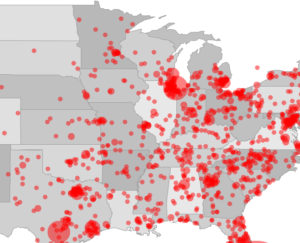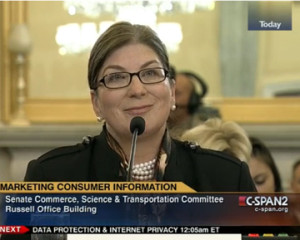Initial Analysis of the new U.S. governance for Federal Agency use of Artificial Intelligence, including biometrics
Today the Biden-Harris Administration published a Memorandum that sets forth how U.S. Federal Agencies and Executive Departments will govern their use of Artificial Intelligence. The OMB memorandum provides an extensive and in some ways surprising articulation of emergent guardrails around modern AI. There are many points of interest to discuss, but the most striking includes the thread of biometrics systems guidance throughout the memorandum and continuing on in the White House Fact Sheet and associated materials. Additionally, the articulation of minimum practices for safety -impacting and rights- impacting AI will likely become important touch points in regulatory discussions in the U.S. and elsewhere. The guidance represents a significant policy shift for the U.S. Federal government, particularly around biometrics.




